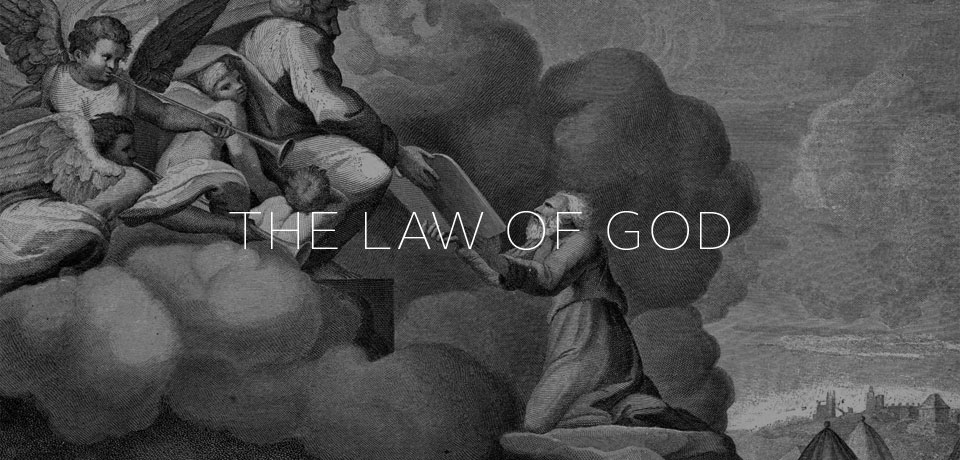It’s a curious thing how rarely a definition of the church comes up within the topic of church planting. It seems that us church planters are really good at talking about what we want to do, what we envision for our communities and for our cities. But we often stop short of defining the church as more than a gathering of individuals who share a common vision and mission.
Over the past decade, churches and church planters have reclaimed a much needed focus on the mission of the church. David J. Bosch captures this sentiment, “Mission is seen as a movement from God to the world; the church is viewed as an instrument for that mission. There is church because there is mission, not vice versa.” Bosch presents the church solely as an instrument for God’s mission. The church is something that God uses for his purposes, which reflects how many view the church. While there is much to be affirmed about reclaiming the mission of the church, to emphasize the function of the church (what it does) over the nature of the church (what it is) is a mistake. More posts will follow that elaborate upon the mission of the church, but if we are in the business of starting new churches—let alone a new church in Vancouver—then we should first have a clear understanding of what the church is before we emphasize what it does. The church is not simply something that God uses to fix a broken creation or to move forth his purposes. As Simon Chan says, “creation exists to realize the church.”
Often Ephesians 1 and all of its talk about predestination becomes highly individualized. This isn’t entirely a bad thing, but the pronouns are all plural. Paul emphasizes that the church existed before the foundation of the world. Indeed the church had to exist before the foundation of the world because it is the body of Christ, the lamb who was slain before the foundation of the world.
To call the church the body of Christ is not to draw attention to a society or collection of people, but it is primarily to draw attention to Christ Himself in His own being and life. The church, then, can only be understood in the death and resurrection of Jesus. We are brought into his body through baptism into his death, and we are being raised into new life through the power of resurrection (Rom. 6). We enter into his eternal body and we are brought into the union of the Trinity and God’s infinite and intimate love for his beloved Son. As Paul writes, there is “One Lord, Jesus Christ, through whom all things exist and through him we exist” (1 Cor. 8:6). To say that we belong to the body of Christ is not enough if we don’t dig into what the metaphor conveys: our very existence cannot be conceived outside of being in Christ, and brought into His body. This is what the church is, and nothing less. And, if this is what the church is it means that whatever function it has between now and the return of Jesus is only temporary. It can be said this way: once the mission of the church ends, the church still remains. The ultimate purpose of the church is to reciprocate God’s love to the praise of his glory (Eph. 1:6, 12, 14).
This is not just an exercise in pontificating about the theology of the church. This is actually what the church is, and it’s incredibly beautiful. Of course, we are in the process of fully becoming what we will be, and the church often falls short of its great calling. We are still a mess, a holy mess at that, and the church unfortunately reflects her broken members more than Christ at times. As St. Augustine (4th/5th Century) famously said, “The church is a whore but she is also my mother.” While I agree with this sentiment we must be very careful of how we speak about Christ’s body which he calls his bride, even when she looks and acts more like Hosea’s wife. The love Jesus has for his church is intense, emotional, and unswerving. He is her head, her provider, her redeemer, the one knitting her together in unity into his image (Eph. 1:22; 5:22-33).
We should also note the necessity of the church. Cyprian (3rd Century) wrote, “He who has not the Church for his mother, has not God for his Father.” We completely depend on God working in and through the church for our existence as Christians. We are not first saved as individuals and then incorporated into the church. To be a Christian is to be incorporated into the church by baptism and nourished by her, our Mother. Michael Ramsey has put it beautifully, “From the Church therefore the Christian never escapes; it is a part of his own existence since it is a part of Christ himself. And without the Church the Christian does not grow, since the Christ is fulfilled in the totality of all His members.” It is undeniable that we only have our faith at this point of history because God has preserved and worked through his visible church throughout the world. Our faith is not our own, it is first a gift from God and a gift received through his church.
This distinction is utterly necessary as we begin a new church in Vancouver. Yes, we are joining God in his mission to reclaim all that has been lost and tarnished by the fall, by seeking those who have been estranged from him to be incorporated into Christ’s body. While that mission is of the utmost importance it is only the means to the end. We are seeking to see the Church built up and equipped so that we might be the fullness of Christ (Eph. 1:23). We are serving his bride so that she might be to the praise of his glory. As the church is built into the image of Christ, Jesus is present in creation, and that is precisely what our city and all of creation needs: Jesus on display as Lord, Saviour, and King. Fortunately, at its most basic definition, the church is the gathering of fellow believers, as Jesus himself says, “Where two or three are gathered in my name, there I am among them” (Matt. 18:20). It doesn’t have to be grand in numbers, because it is glorious in content.
So, in the next three posts I will sketch out a definition of the church following three metaphors found in Scripture. First I’ll talk about the church as the people of God, second as the body of Christ, and then finally as the temple of the Spirit. Most, if not all, of my insights are indebted to Simon Chan’s Liturgical Theology, which I highly recommend.




